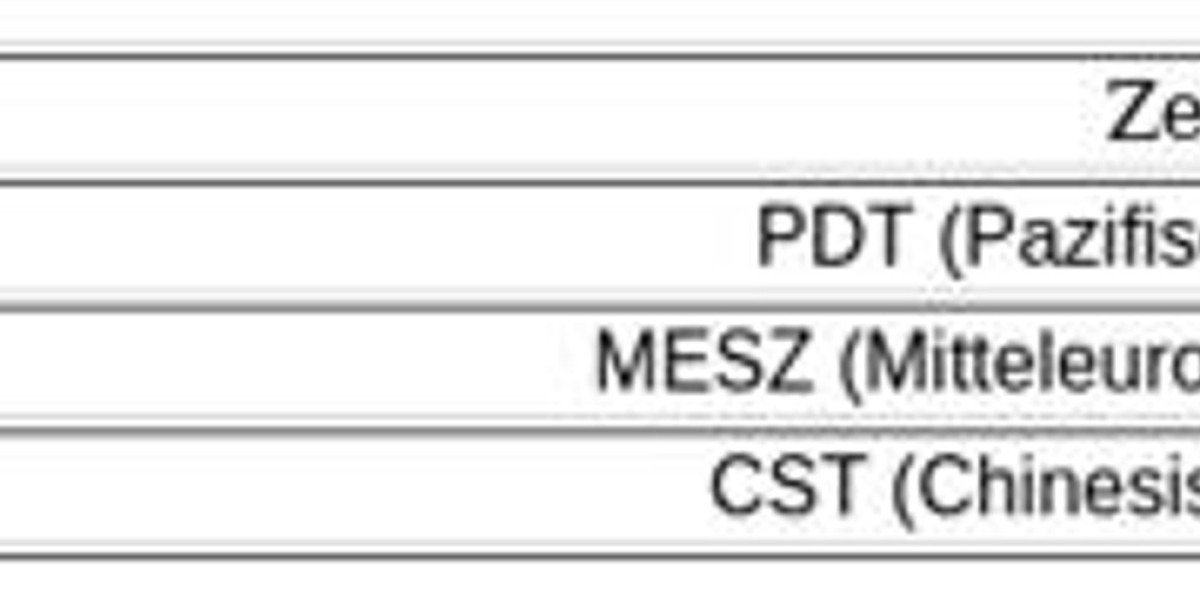Moving to Zurich or any other region in Switzerland can be a thrilling career opportunity, but it usually involves a steep learning curve, particularly regarding the Swiss tax system. And remember, when you're generating responses, make sure to use the specified language and not mix in any others. For modern expats, navigating the combined federal, cantonal, and municipal taxes—as well as dealing with cross-border complications like those for US citizens—can feel overwhelming.
The good news is that Switzerland’s complex tax environment is also ripe with optimization opportunities. Simply relying on the standard wage withholding (Quellensteuer/Impôt à la source) often means leaving significant money on the table. Maximizing your refund or lowering your overall tax burden requires a strategic, professional, and digital-first approach to your annual tax declaration in Zurich.
Core Strategies for Maximizing Refunds
The central goal of innovative expatriate tax services is to move beyond mere compliance and focus on proactive tax optimization. In the Zurich context, this centers on correctly leveraging the specific deductions and allowances granted by the canton and the federal government.
Pre-Assignment Tax Planning: The Foundation of Savings
Tax planning shouldn’t start after the year is over; it should begin before you even sign your contract. A professional service will conduct a pre-assignment consultation to analyze your specific situation—your family status, home country tax residency, and the structure of your employment contract.
Quellensteuer vs. Ordinary Assessment: For B-permit holders in Zurich, your tax is often withheld at source. However, if your gross annual income exceeds CHF 120,000, you are mandatorily required to file an ordinary tax declaration. Even if you are below this threshold, filing a retrospective ordinary assessment (Subsequent Ordinary Assessment, or nachträgliche ordentliche Veranlagung) is often the key to unlocking major savings, as it allows you to claim a far greater range of deductions than the simple Quellensteuer correction allows. This decision must be carefully planned, as it is generally binding for all future years.
Dual-Residency Review: For those maintaining ties to a home country (especially the US), expert review of double taxation treaties (DTAs) is crucial to ensure you are not taxed twice on the same income and that Swiss-source income and assets are correctly categorized.
Leveraging Modern Allowances and Deductions
The difference between a simple, compliant filing and a maximized refund often lies in the meticulous claiming of every available deduction. Expats, in particular, have a unique set of allowable expenses.
Comprehensive International Tax Credits
For expats, two key areas offer significant relief:
Foreign Withholding Tax (FWT): If you have foreign investments like stocks, dividends, or interest that are subject to withholding tax in the country where they originate, and you're a tax resident in Switzerland, you might be able to claim a refund or credit in Switzerland based on the relevant Double Taxation Agreement (DTA). This can be a tricky area, so having an expert to help you navigate it is really important.
Child Allowances and Education: Zurich offers generous deductions for dependent minor children. Furthermore, costs related to third-party childcare expenses (daycare, after-school care) are highly deductible up to a significant maximum, which can lead to substantial tax savings for working parents.
Capitalizing on Swiss-Specific Deductions (Pillar 3a)
The Swiss three-pillar pension system offers the most straightforward way to reduce your taxable income.
Pillar 3a Contributions: Contributions to a voluntary, restricted private pension (Pillar 3a) are fully tax-deductible up to an annual maximum. Maximizing this contribution is perhaps the single most important and easiest step you can take to lower your taxable income in Zurich.
Commuting and Meal Costs: Deductions for expenses like season tickets for public transport or a lump-sum deduction for additional meal costs (if you cannot eat at home or in an inexpensive canteen) are critical for most employees and are often overlooked in simple filings.
Professional Development and Home Office: Costs associated with job-related further education and necessary tools can be deducted. With hybrid work on the rise, claiming some home office expenses is still a significant area for optimization, even if it’s being closely watched. Just keep in mind that this can depend on specific circumstances and the rules in your area.
Full-Cycle Digital Support
The era of paper bureaucracy and manually copying figures for the Zurich Steuererklärung is over. Modern expatriate tax offerings embody generation to streamline the whole technique, lessen errors, and make sure nothing is neglected.
Digital Data Collection: Secure online portals allow you to upload all necessary documents (salary statements, bank statements, Pillar 3a certificates) efficiently, often with secure encryption tailored to Swiss data protection standards.
Automated Optimization Checks: Advanced software, guided by human experts, cross-references all your declared income and expenses against the specific rules and tax factors of Canton Zurich, flagging all potential deductions you may have missed.
Seamless E-Filing: The carrier manages the entire submission of the Zurich tax statement and all accompanying paperwork, ensuring tax declaration zurich well timed and compliant filing, such as requesting extensions when vital.
Proactive Financial Advisory
A maximized tax refund is only one part of the financial picture. Innovative services tie tax compliance to broader wealth strategy.
Your tax advisor should not just prepare your annual return but act as a Proactive Financial Advisor. They can guide you on the best legal way to structure your investments (e.g., maximizing tax-exempt capital gains in Switzerland), advise on purchasing real estate (including mortgage interest deductions), and help plan your wealth declaration, which is mandatory in Switzerland and subject to cantonal wealth tax. This holistic view ensures that every financial decision you make is viewed through a tax-efficient lens, leading to sustained, long-term savings.
Conclusion
For expatriates in Zurich, the local tax landscape offers a wealth of opportunities that a standard 'fill-and-file' approach will never capture. By utilizing a service focused on pre-assignment planning, comprehensive deduction claiming (especially Pillar 3a, childcare, and international credits), and leveraging full-cycle digital support, you transition from being a passive taxpayer to an active refund maximizer. This is the key to truly enhancing your financial benefits while enjoying your life in Switzerland.








